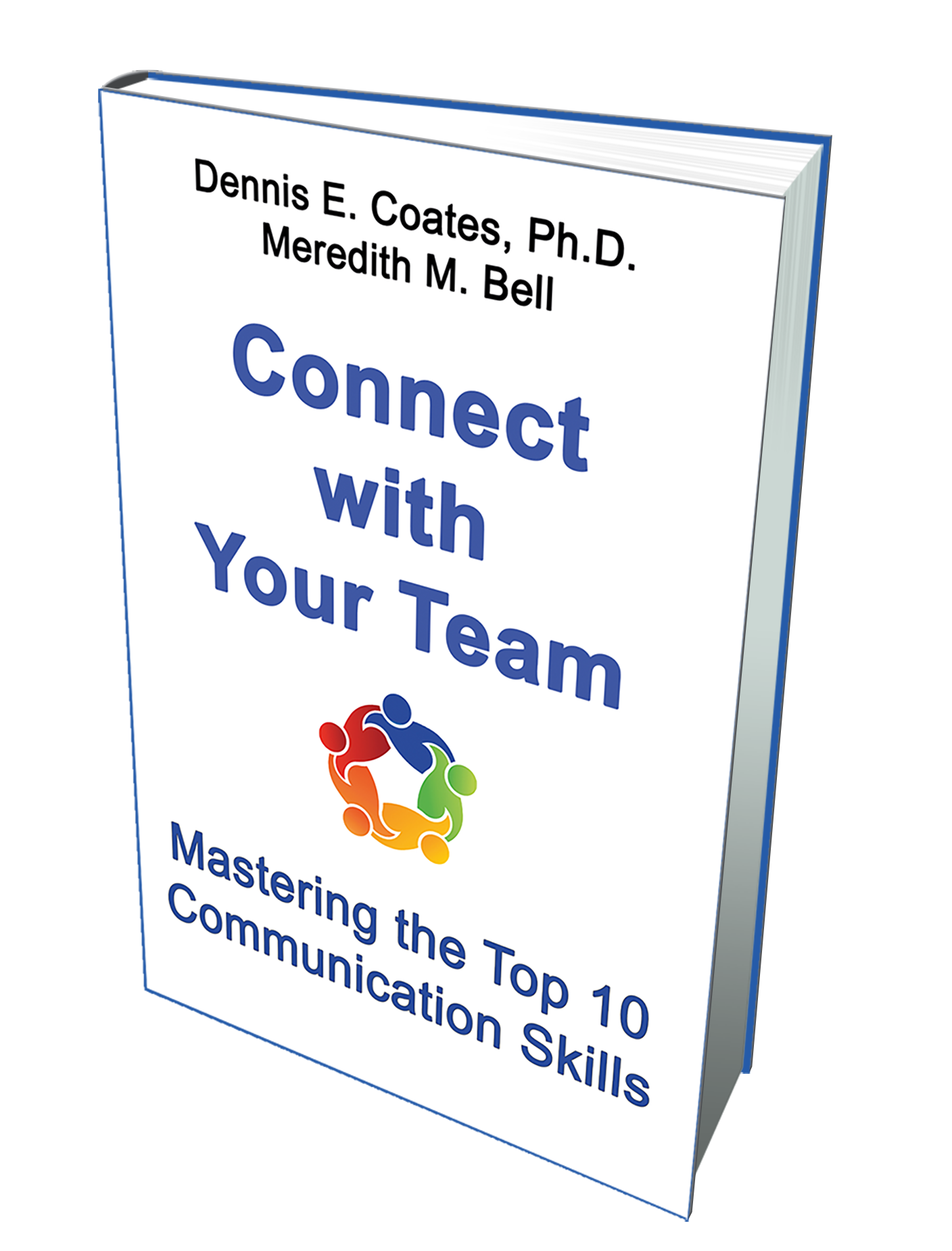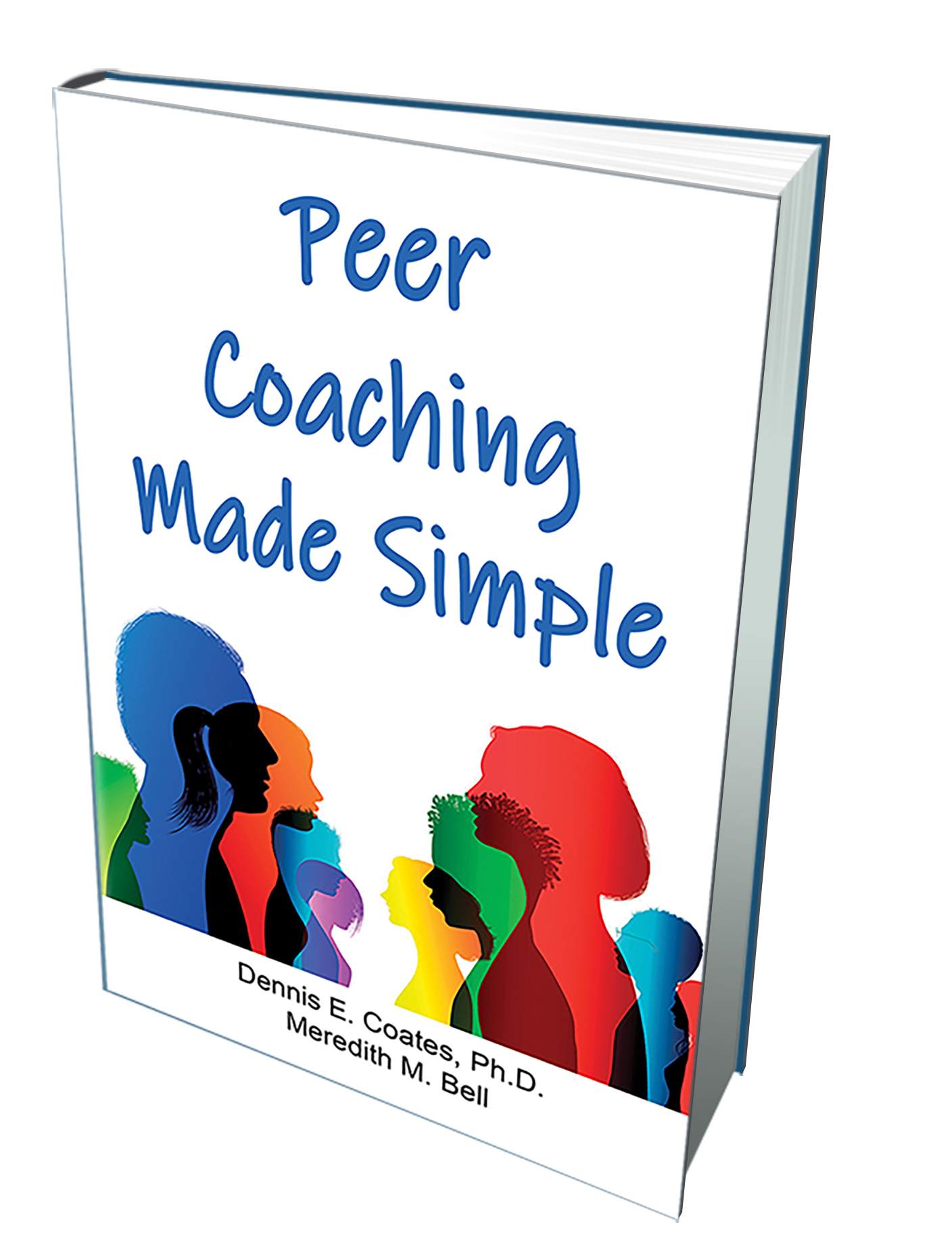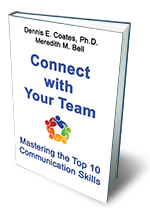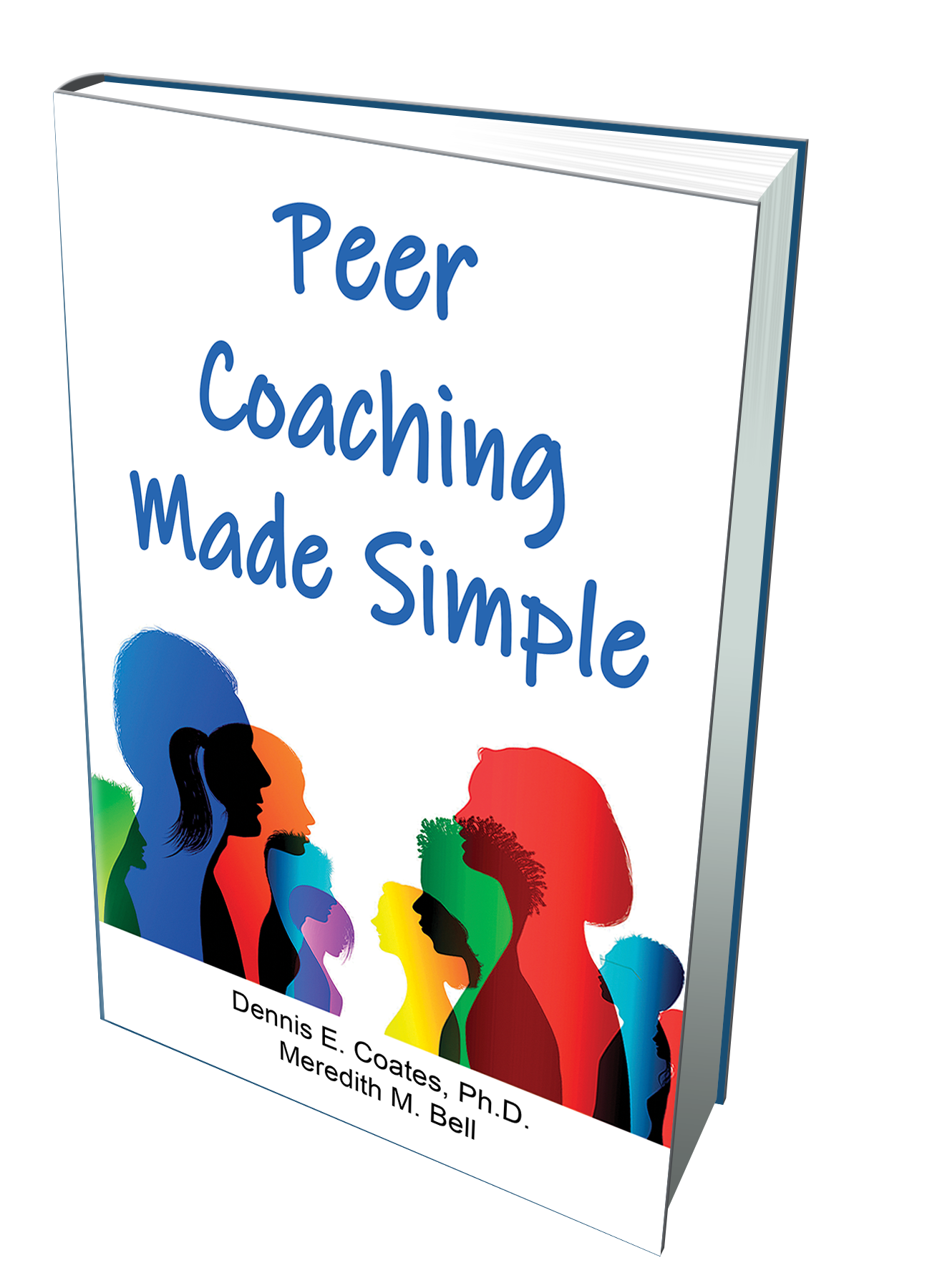
320: How Unresolved Wounds Affect the Way You Lead
320: How Unresolved Wounds Affect the Way You Lead
Conflict is inevitable, but how leaders handle it makes all the difference. In this episode, vicki abadesco! shares a real-world example of a well-known organization struggling with team conflict and how small miscommunications can escalate when left unresolved. She explains how our upbringing shapes our approach to conflict and why developing emotional intelligence is essential for effective leadership. Through her work with both executives and young children, vicki highlights the importance of clear communication, emotional awareness, and accountability in building strong teams and relationships.
vicki also introduces practical tools like the “emotional balloon” and the “cleanup process” to help individuals recognize their emotions, take responsibility for their actions, and repair relationships when mistakes happen. Whether you’re leading a team, raising a family, or simply striving to communicate better, this episode will provide insights and strategies to help you lead with empathy, transparency, and authenticity.
vicki is a nonprofit leader and mentor renowned for her unwavering commitment to growth and lifelong learning. Through her organization, Soul Shoppe, she and her team have touched the hearts and minds of over one million elementary school students with their conflict resolution and peacemaking curriculum. vicki has created a lasting impact, nurturing a generation of emotionally intelligent individuals who can build strong relationships and foster inclusive communities.
You’ll discover:
- Why conflict resolution is a critical leadership skill
- How early life experiences shape communication habits
- The “emotional balloon” metaphor for managing emotions
- A 5-step process for acknowledging mistakes and making amends
- How teaching emotional intelligence to kids can inspire better leadership in adults
Watch the episode:
vicki’s Website
Related Podcast Episodes
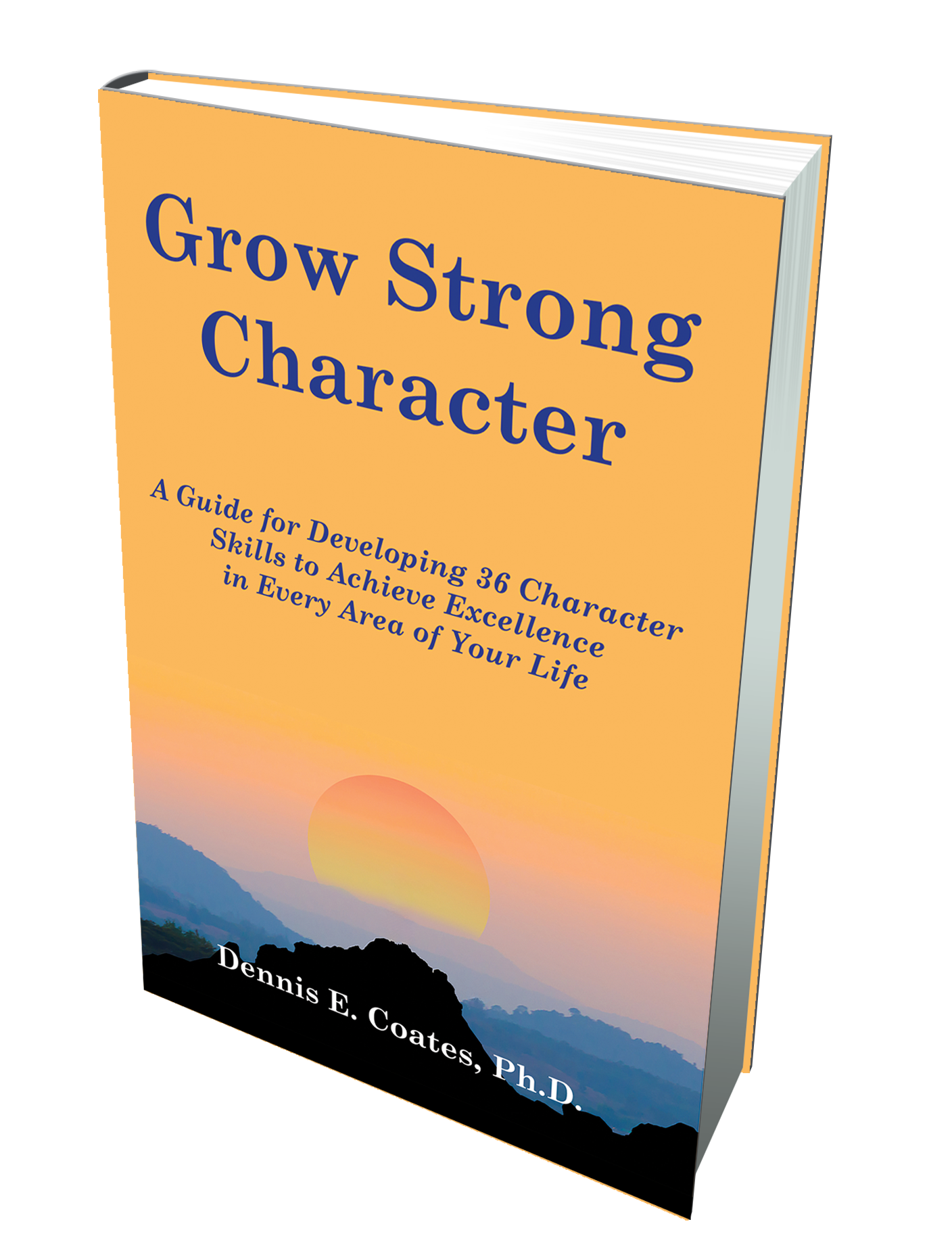
Grow Strong Character
Dennis E. Coates, Ph.D.
Connect with Your Team
and Meredith M. Bell
Peer Coaching Made Simple
Dennis E. Coates, Ph.D.,
and Meredith M. Bell







